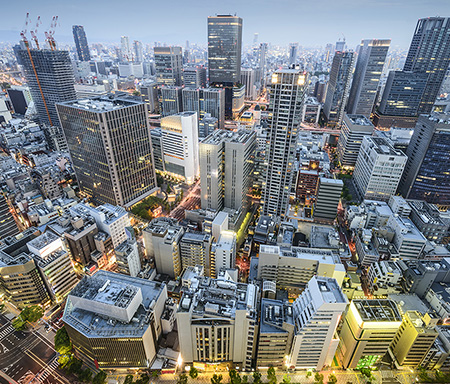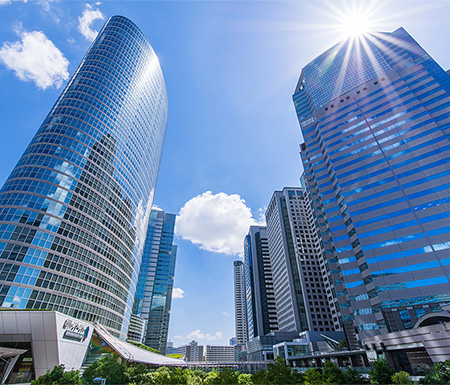
City lowdown: Chengdu
Chengdu, the capital of Sichuan Province in Western China, is an emerging technology hub as well as a popular retail and leisure destination.
Tourists arrive to sample Chengdu’s history, spicy food and the chance for a close-up view of a panda, however finance and tech firms have based themselves in the city to take advantage of its highly educated population and good quality of life.
The city has a population estimated at 16.33m and Chengdu’s GDP reached RMB355bn in the first quarter of this year, up 8% from 12 months earlier.
Sophie Pan, senior manager, research, at Savills China says: “The city has a reputation for openness and liveability, which has attracted many well-known foreign and domestic companies, developers and investors to come to the city since the early 2000s.”
Since 2017, the city government has had a programme to attract young talented graduates and this has brought 286,000 new graduates to Chengdu.
This year, Chengdu became a new entrant into Savills Tech Cities ranking list. Despite being the capital of one of the wealthiest provinces in western China, the cost of living there is much lower than Beijing or Shanghai and this has attracted occupiers, as well as the city’s pro-business government.
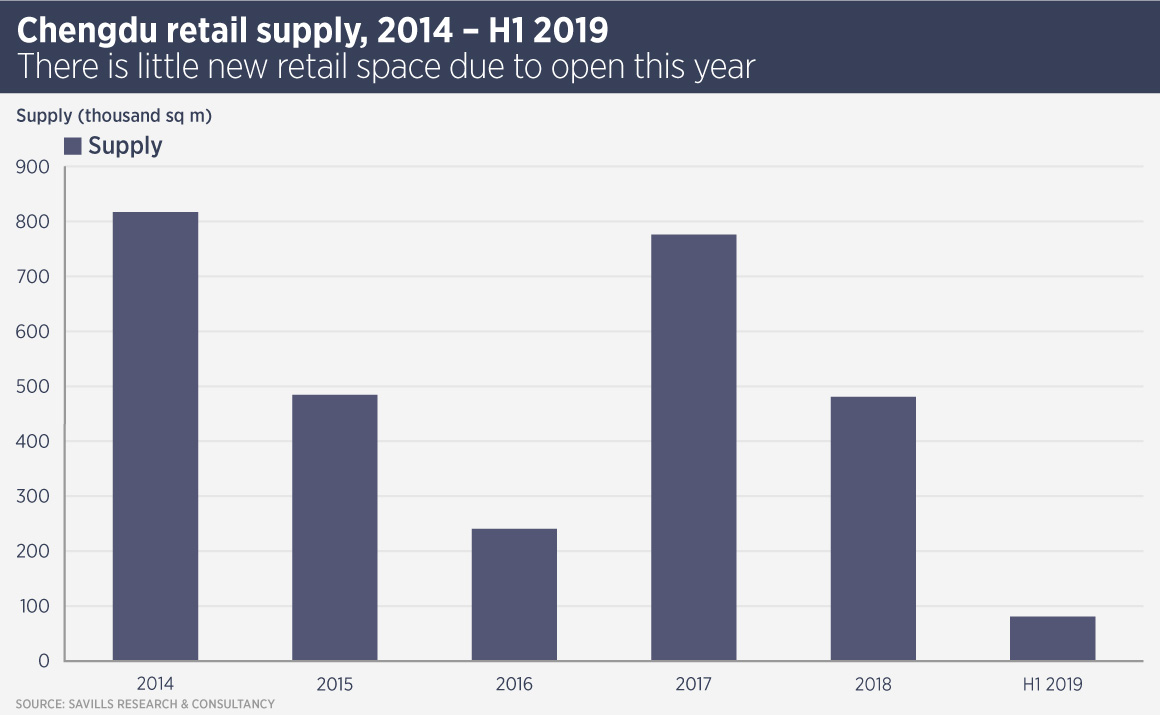
The Chengdu office market has begun to dip after two years of solid growth. Net absorption fell in the second quarter, while overall vacancy rose 90 basis points to 22.4%. New supply of Grade A office space is expected to reach more than 200,000 sq m in the second half of this year, which will continue to put pressure on rents.
Companies in the finance, information technology and real estate sectors generated the most demand in the second quarter of this year, Savills data show, occupying 20.2%, 16.2%, and 15.9% of total new leasing area respectively.
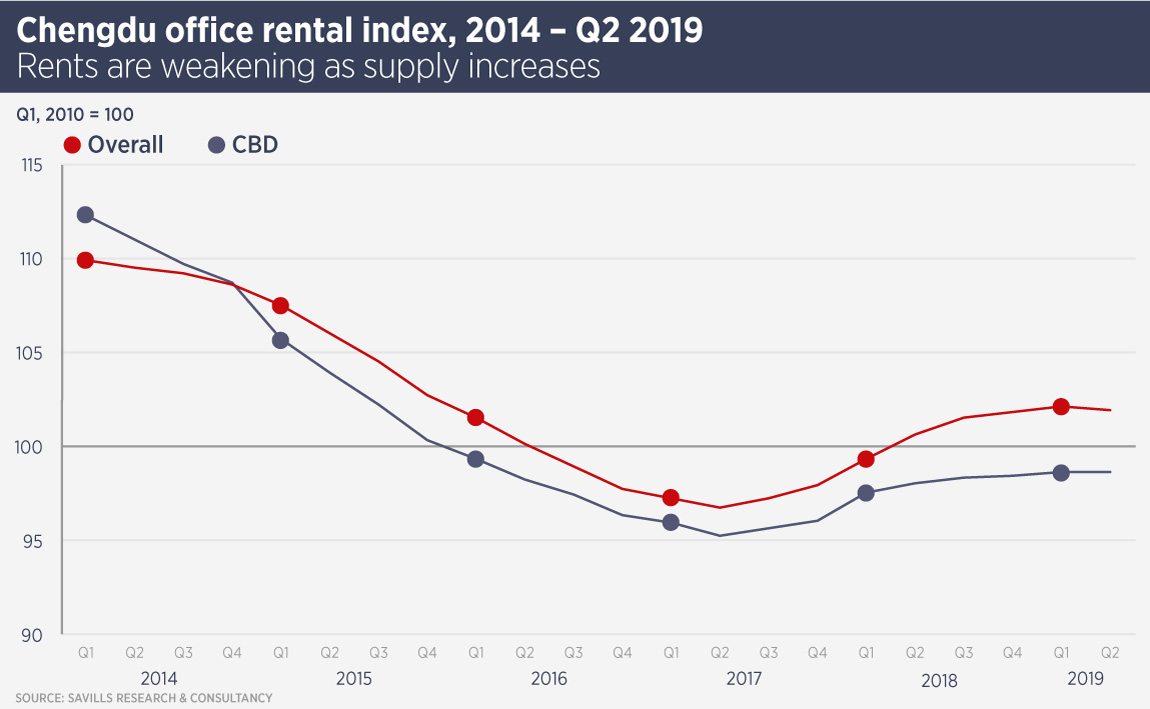
Chengdu’s retail market has been a strong performer, with some fluctuations in rents due to supply spikes. There has been little supply so far in 2019 and, with 234,000 sq m due to be delivered in the second half, overall 2019 supply will be relatively low.
Chengdu’s position as a provincial capital and a significant cultural and historical city keeps its retail sector buoyant, says Pan. “Both local residents and people from other places in Sichuan province or even adjacent provinces come to shop in Chengdu.”
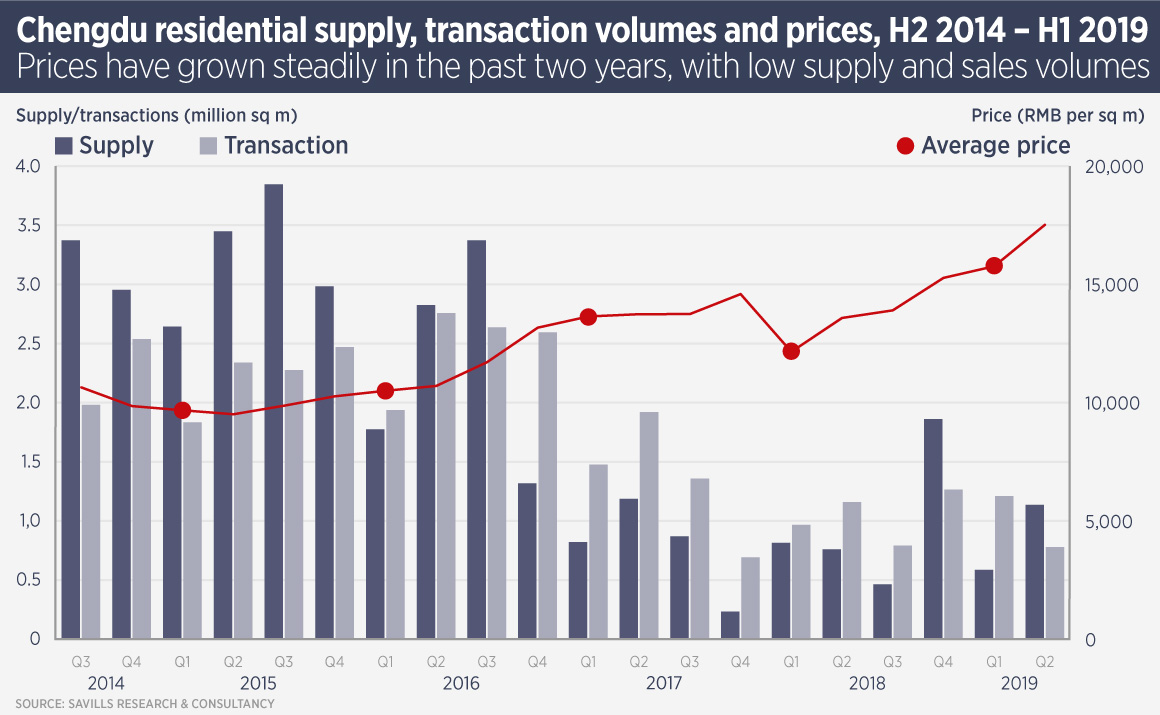
Continued government cooling measures have suppressed transaction volumes in Chengdu’s residential market, however strong underlying demand continues to drive price growth. The average price of urban first-hand commodity housing increased by 11.7% quarter on quarter and 28.9% year on year, to RMB17,508 per sq m.
Supply of urban land and new housing is expected to gradually rise in the second half of this year, easing market supply tensions, however continued cooling measures are expected to keep speculation in check.
Further reading:
Chengdu – Savills China
Contact us:
Simon Smith


